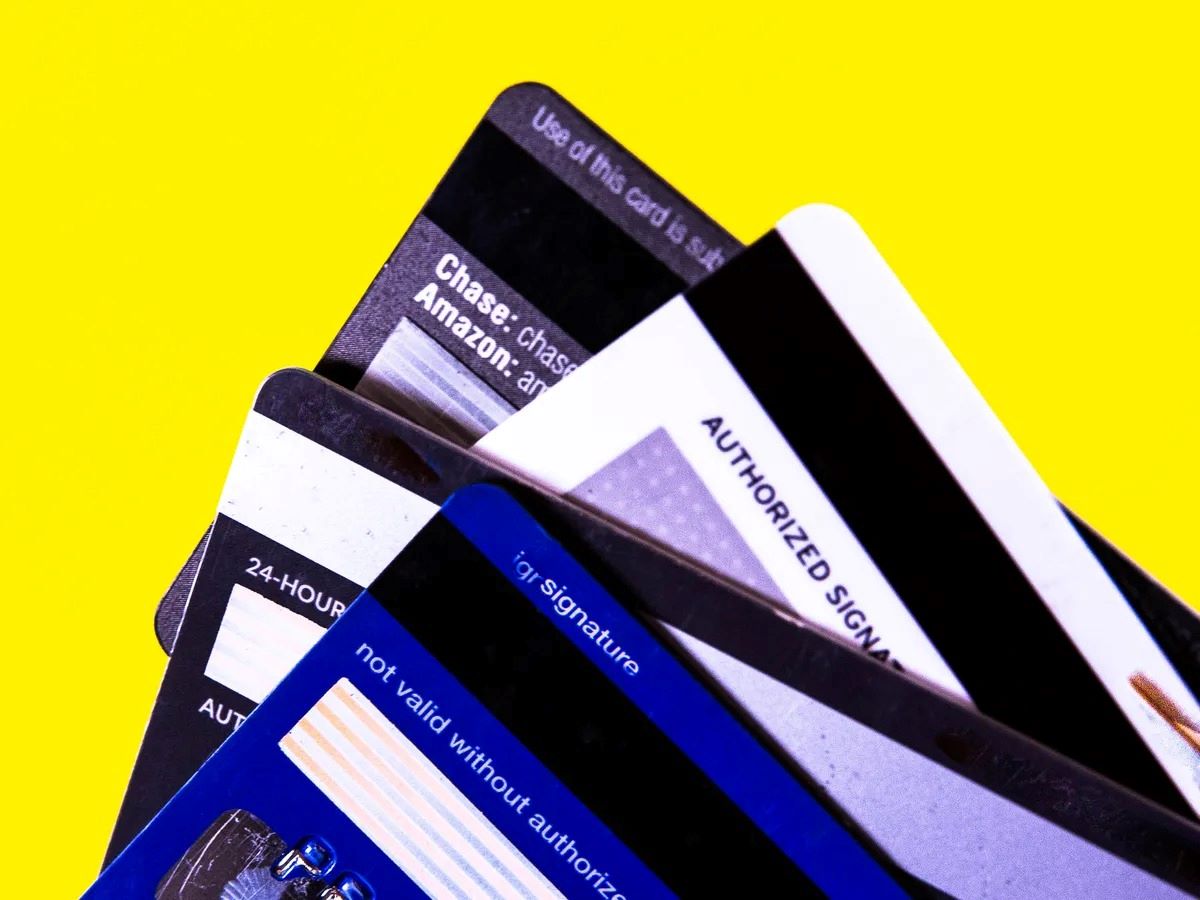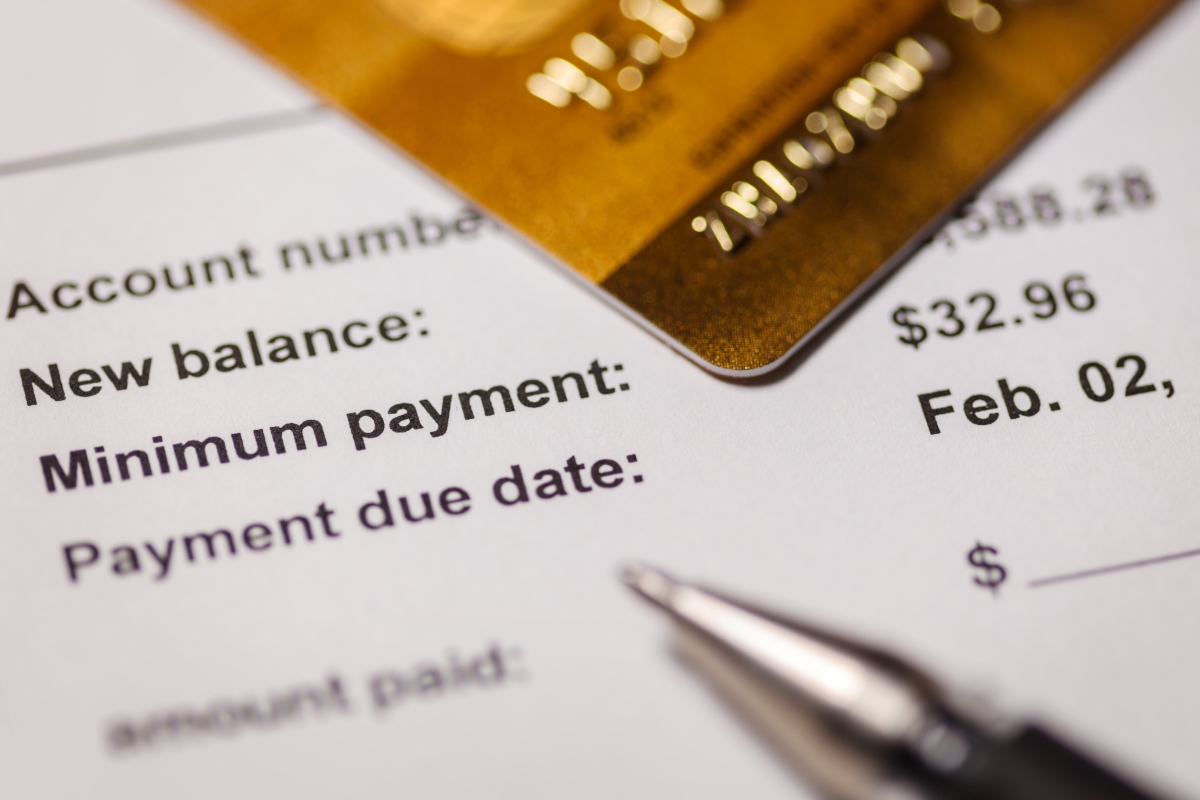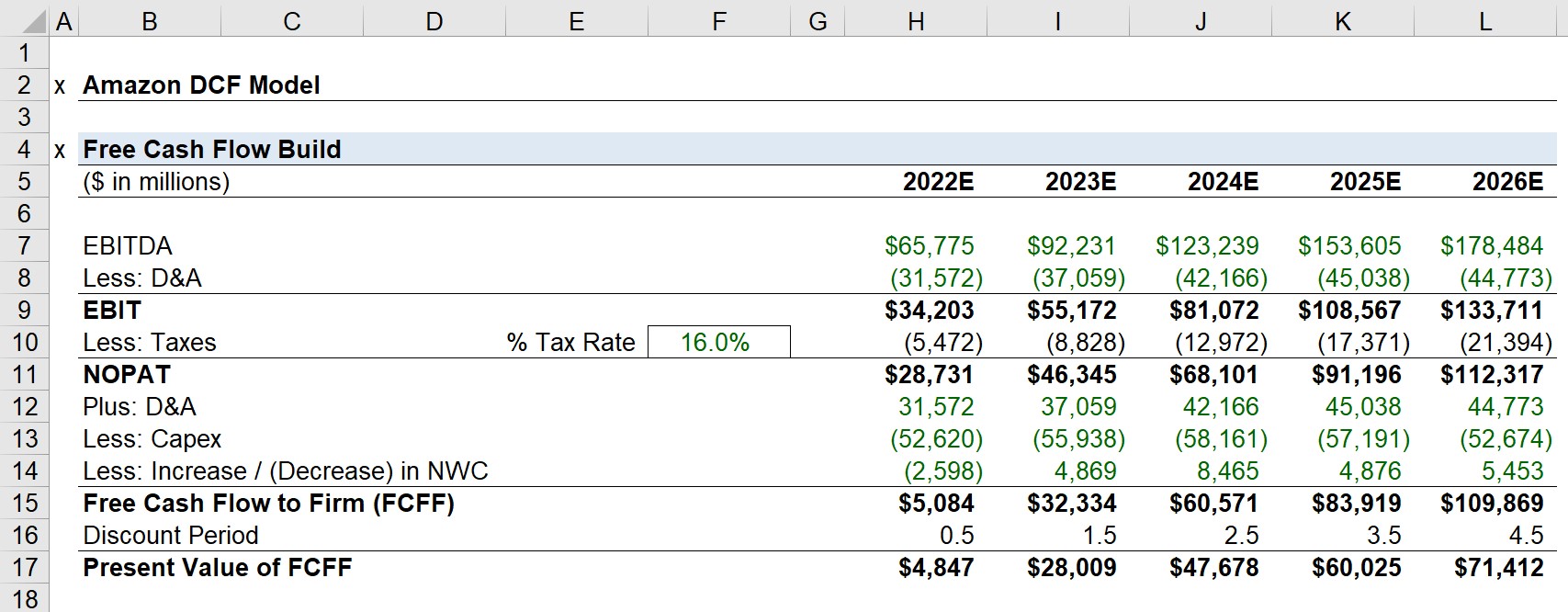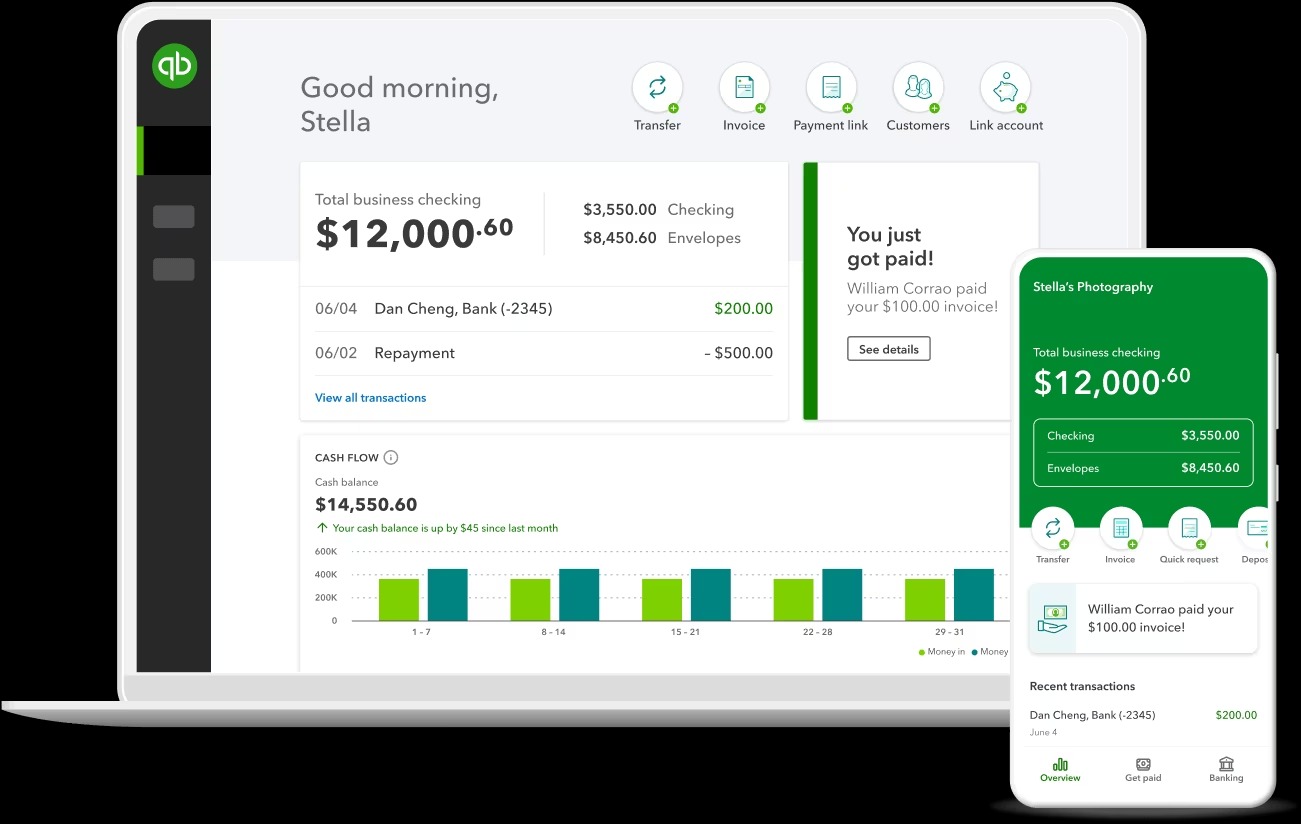

Finance
How Long Can You Pay A Minimum Payment On Car
Published: February 27, 2024
Learn how long you can sustain making minimum payments on your car loan and the financial implications. Get expert advice on managing your finances effectively.
(Many of the links in this article redirect to a specific reviewed product. Your purchase of these products through affiliate links helps to generate commission for LiveWell, at no extra cost. Learn more)
Table of Contents
Introduction
Purchasing a car is often a significant financial decision, and for many, it involves securing a car loan. When making monthly payments on a car loan, individuals are typically presented with the option to pay the minimum amount due. While this may seem like a convenient choice, it's essential to understand the implications of consistently paying only the minimum amount on a car loan.
By delving into the concept of minimum payments on car loans and exploring the potential long-term effects of this approach, we can gain valuable insights into managing car payments effectively. Additionally, understanding the consequences of solely making minimum payments can empower individuals to make informed decisions about their financial commitments.
In the following sections, we will explore what constitutes a minimum payment on a car, how long one can sustain paying only the minimum amount, and the potential repercussions of this practice. Furthermore, we will provide actionable tips for effectively managing car payments to ensure financial stability and peace of mind.
Navigating the realm of car payments can be complex, but with the right knowledge and strategies, individuals can take control of their financial well-being and make informed choices regarding their car loans. Let's embark on this journey to uncover the nuances of car loan payments and empower ourselves with the tools to make sound financial decisions.
What is a minimum payment on a car?
When individuals finance the purchase of a car through a loan, they are typically required to make monthly payments to the lender. The minimum payment on a car refers to the lowest amount that the borrower can pay each month to fulfill their loan obligation. This minimum payment is determined by various factors, including the total loan amount, the interest rate, and the loan term.
It’s important to note that the minimum payment consists of both principal and interest, with the former going towards reducing the outstanding balance of the loan and the latter representing the cost of borrowing the funds. Lenders calculate the minimum payment in a way that ensures the loan will be paid off within a specific timeframe, typically the loan term.
For many borrowers, the minimum payment on a car loan offers a sense of flexibility, especially during months when financial constraints may arise. However, it’s crucial to recognize that while making the minimum payment can keep the loan in good standing, it may not be the most financially prudent approach in the long run.
Understanding the components of the minimum payment and how it impacts the overall loan balance is essential for borrowers to make informed decisions about their financial commitments. By gaining clarity on the dynamics of minimum payments on car loans, individuals can take proactive steps to manage their finances effectively and work towards achieving financial stability.
How Long Can You Pay the Minimum Payment on a Car?
While the option to make minimum payments on a car loan provides short-term financial flexibility, it’s essential to consider the long-term implications of this approach. The duration for which one can sustain paying only the minimum amount on a car loan depends on several factors, including the interest rate, the total loan amount, and the individual’s financial circumstances.
One key factor that influences the duration of paying the minimum amount is the interest rate associated with the car loan. Higher interest rates result in a larger portion of the minimum payment going towards interest rather than the principal amount. As a result, the outstanding balance of the loan decreases at a slower pace, potentially prolonging the repayment period.
Additionally, the total loan amount plays a significant role in determining how long one can feasibly pay only the minimum payment. Larger loan amounts result in higher minimum payments, and if a substantial portion of these payments goes towards interest rather than principal, the time required to pay off the loan increases.
Individual financial circumstances, including income stability and other financial obligations, also impact the sustainability of paying the minimum amount on a car loan. Unforeseen expenses or changes in income can affect a borrower’s ability to continue making the minimum payment over an extended period.
It’s important for borrowers to recognize that while paying the minimum amount may offer temporary relief, it can lead to a more extended repayment period and significantly higher overall interest costs. By understanding the factors that influence the sustainability of making minimum payments on a car loan, individuals can make informed decisions about their loan repayment strategy and work towards achieving financial freedom.
The Consequences of Paying Only the Minimum Payment on a Car
Opting to pay only the minimum amount on a car loan can have several long-term consequences that borrowers should carefully consider. One of the primary repercussions is the extension of the loan term, leading to an overall increase in the interest paid over the life of the loan. By consistently paying the minimum amount, borrowers may find themselves in a prolonged cycle of debt repayment, potentially hindering their financial progress.
Furthermore, paying only the minimum amount on a car loan can result in a higher total interest cost. Since a significant portion of the minimum payment goes towards interest rather than reducing the principal balance, borrowers end up paying more in interest over time, ultimately increasing the total cost of the vehicle.
Another consequence of solely making minimum payments is the delayed build-up of equity in the car. As the loan term extends due to minimal payments, the rate at which equity in the vehicle accumulates slows down. This can impact the borrower’s ability to trade in or sell the car if needed, as the outstanding loan balance may exceed the car’s value for an extended period.
Moreover, consistently paying only the minimum amount on a car loan can impact an individual’s overall financial well-being. It may limit their ability to allocate funds towards other essential financial goals, such as saving for emergencies, investing, or pursuing other significant purchases.
Understanding the potential consequences of making only the minimum payment on a car loan empowers borrowers to make informed decisions about their repayment strategy. By taking proactive steps to manage their car payments effectively, individuals can mitigate these consequences and work towards achieving financial stability and freedom.
Tips for Managing Car Payments
Effectively managing car payments is crucial for maintaining financial stability and minimizing the long-term costs associated with car loans. By implementing the following tips, borrowers can navigate their car payments with confidence and work towards achieving their financial goals:
- Pay More Than the Minimum: Whenever possible, strive to pay more than the minimum amount due on your car loan. By allocating additional funds towards the principal balance, you can expedite the repayment process and reduce the total interest cost.
- Refinance the Loan: Consider refinancing your car loan if you qualify for a lower interest rate. Refinancing can potentially reduce your monthly payments and the overall interest paid, helping you save money in the long run.
- Create a Budget: Develop a comprehensive budget that accounts for your car payments and other financial obligations. Prioritize allocating funds towards your car loan while ensuring that you can comfortably manage other expenses and savings goals.
- Explore Biweekly Payments: Making biweekly payments instead of monthly payments can result in an extra payment each year, effectively reducing the loan term and overall interest costs.
- Monitor Your Credit Score: Maintain a healthy credit score, as it can impact the interest rate you receive on future loans. By managing your credit responsibly, you can potentially qualify for better loan terms in the future.
- Consider Making Extra Payments: Whenever you receive additional income, such as a tax refund or a bonus, consider putting a portion of it towards your car loan. These extra payments can significantly reduce the outstanding balance and the overall interest cost.
- Review Loan Terms Carefully: Before committing to a car loan, carefully review the terms and conditions. Pay attention to the interest rate, loan term, and any prepayment penalties to ensure that the loan aligns with your financial objectives.
By implementing these tips and adopting a proactive approach to managing car payments, borrowers can take control of their financial well-being and work towards a future of financial freedom and stability.
Conclusion
Navigating the realm of car payments requires a thoughtful approach and a keen understanding of the long-term implications of different repayment strategies. While the option to make minimum payments on a car loan may offer short-term flexibility, it’s essential for borrowers to consider the potential consequences and take proactive steps to manage their car payments effectively.
By gaining insights into the dynamics of minimum payments on car loans and understanding the factors that influence the sustainability of this approach, individuals can make informed decisions about their loan repayment strategy. It’s crucial to recognize that consistently paying only the minimum amount can lead to an extended repayment period, higher overall interest costs, and a delayed build-up of equity in the vehicle.
However, by implementing sound financial practices, such as paying more than the minimum, exploring refinancing options, and creating a comprehensive budget, borrowers can take control of their car payments and work towards minimizing the long-term financial burden of their car loans. Additionally, staying informed about loan terms, monitoring credit scores, and considering extra payments can contribute to a more efficient and cost-effective repayment process.
Ultimately, effective management of car payments empowers individuals to achieve financial stability, reduce the overall cost of their car loans, and pave the way for future financial freedom. By proactively addressing their car payment obligations, borrowers can make significant strides towards their broader financial goals and aspirations.
With a strategic and informed approach to managing car payments, individuals can navigate their financial journey with confidence, ensuring that their car loans align with their overall financial well-being and contribute to their long-term financial success.














